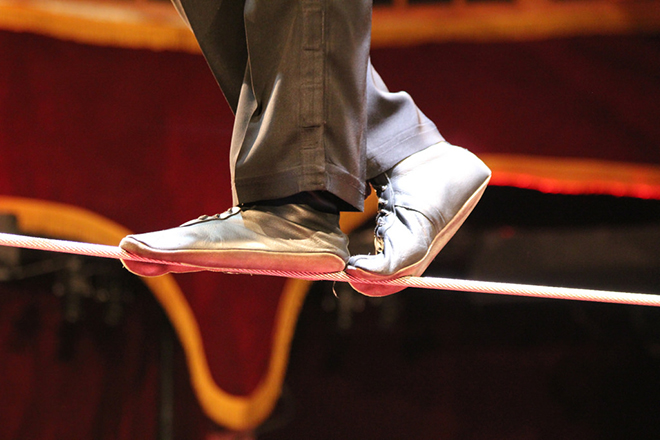Five years for teachers to feel confident

To stop early career teachers from exiting the profession, support in the first five years of work is essential with a study finding Victorian teachers gained confidence by the end of that period after struggling with confidence issues initially.
Dr Sindu George of Monash University who led a study on the area, says that teachers’ self-efficacy – their confidence in their professional skills – has a strong influence on job satisfaction, student engagement and workplace achievement.
Importantly, it affects whether they remain teachers, at a time when burnout is common and nearly 40% of teachers in Australia quit the profession within their initial five years.
“Common problems reported by early career teachers include classroom management, student motivation, classroom resources, curriculum changes, organization of classwork, and excessive work demands,” said Dr George.
Her study showed that after five years in the profession, the 74 participants’ self-efficacy in classroom management, instructional strategies, and student engagement had all risen significantly, regardless of gender, secondary or primary positions or working in the public or private sector.
The study included a mix of teachers from Government, Catholic, and Independent schools, and surveyed them in their first year in the workplace, then five years later.
“Teachers who hold high self-efficacy are likely to adopt more student-centred than teacher-centred approaches, to develop new approaches and strategies for teaching, promote student autonomy, and cater to students’ individual differences.
“Given that the initial years seem critical for the development of teachers’ self-efficacies, professional development programs need to be implemented early. Once self-efficacy is consolidated, it could be resistant to change, even if teachers are exposed to workshops and new teaching methods.”
An earlier study in Australia by her co-authors (Prof Helen Watt & Prof Paul Richardson), released in 2010, showed that self-efficacy changed differently for different types of teachers.
The most positive, idealistic type showed declines in all measured areas of self-efficacy. The authors attributed this to “the high idealistic motivations this group of teachers held at the outset of their career, which may have been difficult to achieve during early years”, and caution against “one size fits all” approaches.